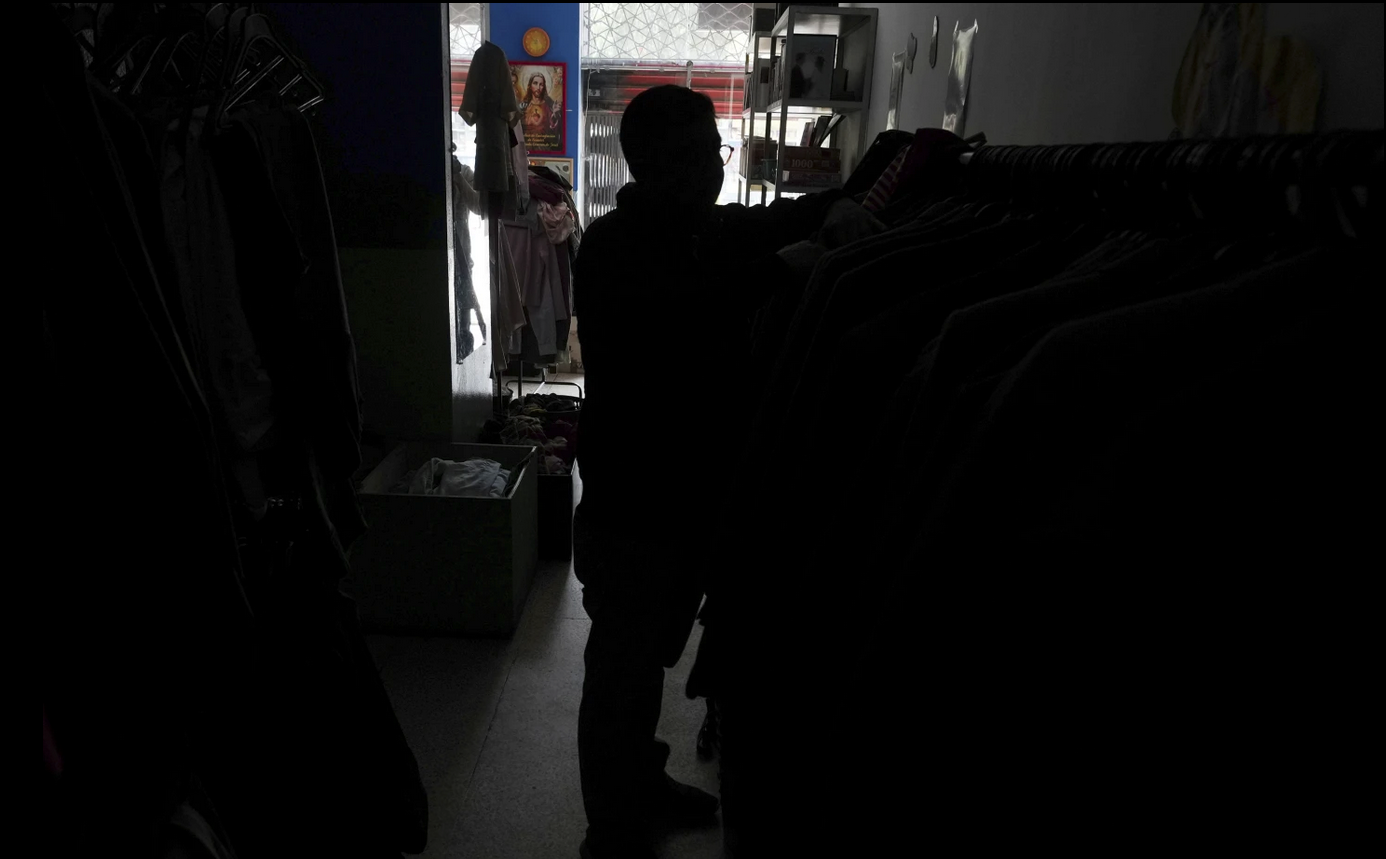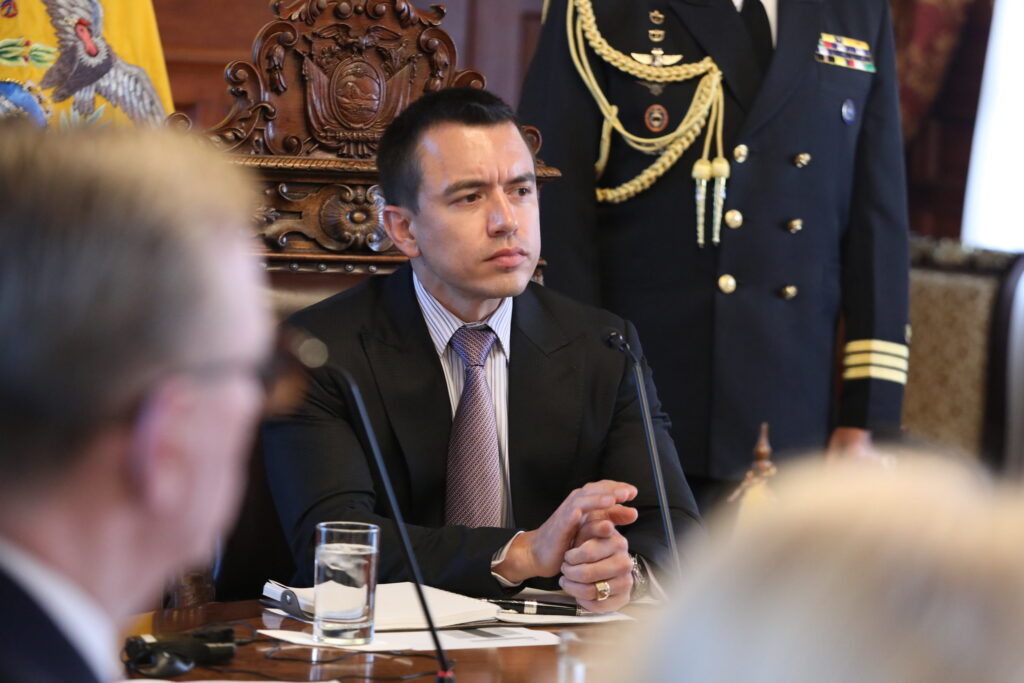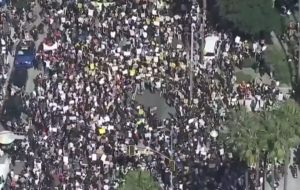
Published 09/23/2024 16:18 | Edited 09/23/2024 16:58
The Ecuadorian government announced the suspension of electricity in 12 of the country’s 24 provinces last Sunday (22), with a blackout scheduled to last nine hours, from 8 am to 5 pm, local time. The measure, announced by the Presidency on Saturday night (21) via social media, is part of an emergency effort to address the severe energy crisis caused by the worst drought recorded in the country in 61 years. The drought has drastically reduced water levels in hydroelectric plants, responsible for 70% of energy generation in Ecuador.
The decision to suspend power supplies on Sunday was taken after a meeting of the Emergency Operations Committee, and authorities stressed that the measure was aimed at protecting the country’s already scarce water resources. Environment Minister Ines Manzano said in Cuenca that 19 provinces were on red alert due to water shortages, forest fires and threats to food security.
In addition to Sunday’s blackout, the government announced plans on Tuesday (17) for nighttime power outages, which will occur from Monday to Thursday across the country. The outages will last up to eight hours, worsening the already tense economic and social situation. This energy crisis is seen by many as a result not only of the drought, but also of the lack of adequate maintenance of dams and the absence of new contracts to guarantee energy generation.
Criticism of the government and economic consequences
The Ecuadorian parliament, with 93 votes in favor, harshly criticized the government of President Daniel Noboa, saying that the response to the crises has been insufficient and late. The deputies warned that the power outages will further harm economic development, as industries, businesses and security systems are directly affected by the blackouts. In addition, there are fears that the energy crisis could further aggravate the country’s public security problems, which are already facing high crime rates.
Congress has called for urgent measures to restore electricity throughout the country and strengthen street security. The situation is particularly serious in the provinces of Guayas, Los Ríos, Manabí, Orellana, Santa Elena and El Oro, which are already under a state of emergency due to rising violence.

Environmental and social impacts
Ecuador, like other countries in South America, is facing the harsh consequences of climate change. Prolonged drought, exacerbated by global warming, has been wreaking havoc across the country. Since August, more than 1,300 forest fires have been recorded in 21 of Ecuador’s 24 provinces, destroying around 23,000 hectares of vegetation. The National Secretariat for Risk Management (SNGR) has indicated that rainfall in the Sierra region, one of the most affected, is 90% below the historical average.
The fires, fueled by strong winds and high temperatures, are proving difficult to control, especially in mountainous areas. Around 45,000 farm animals have died as a result of the fires, and the environmental and economic impact continues to worsen.
State of exception and curfew
Faced with the energy crisis and rising violence, Noboa’s government has also imposed a curfew in six provinces, with 46,000 police officers deployed to patrol the streets and ensure security. However, this measure is widely seen as a reinforcement of authoritarianism, as the state of emergency has not been approved by the Constitutional Court, which considered militarization unjustified in the current situation.
Ecuador’s population, already burdened by an economic crisis dating back to 2017 and exacerbated by the pandemic, now faces the uncertainty of energy rationing and a devastating drought, leaving the country’s future increasingly unpredictable.
Source: vermelho.org.br

